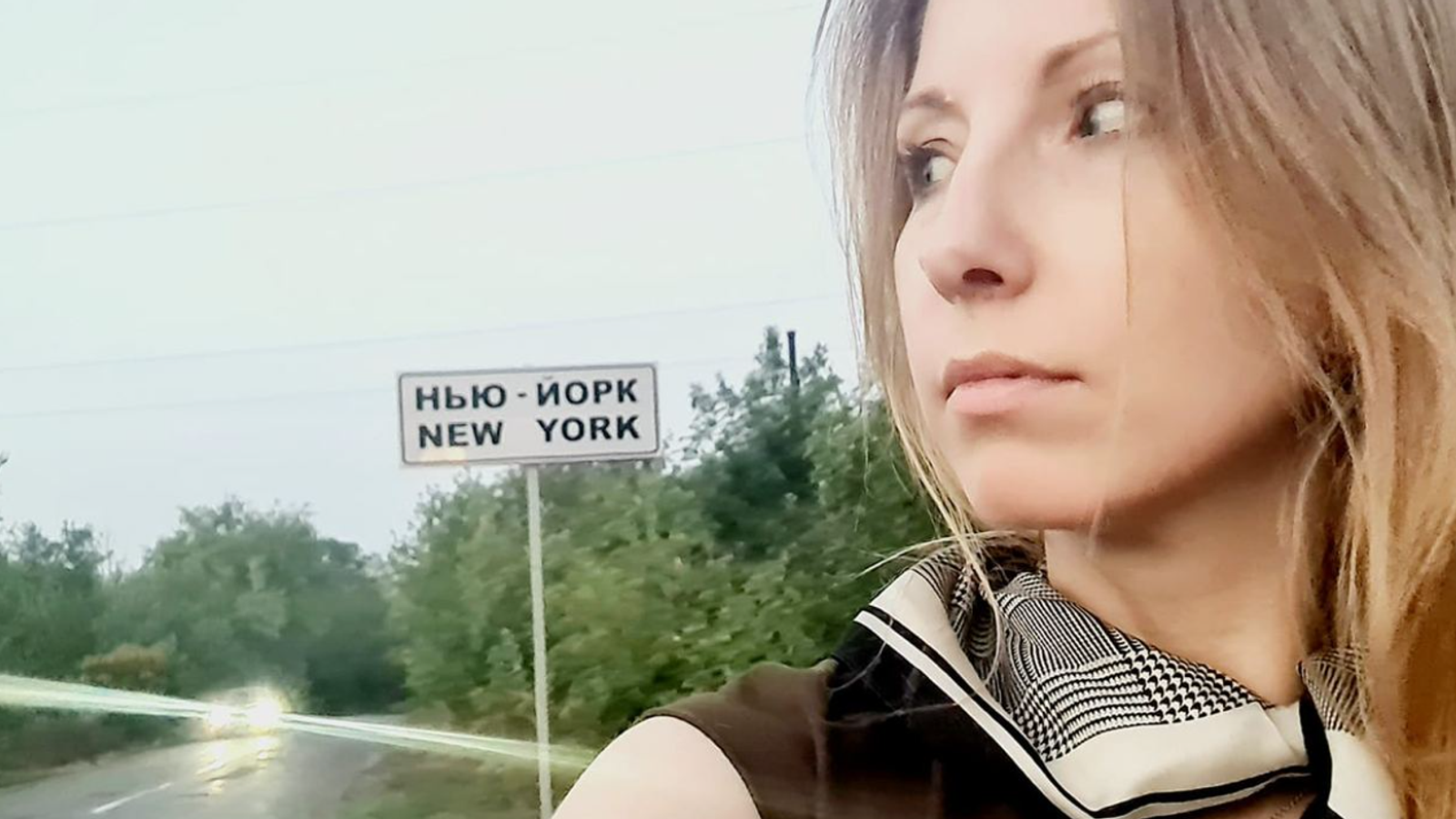Ukraine war: Award-winning writer Victoria Amelina dies after Kramatorsk missile strike

Award-winning Ukrainian writer Victoria Amelina has died from injuries sustained after a Russian missile hit a pizza restaurant in Kramatorsk on Tuesday.
The 37-year-old war crimes researcher and novelist has become the thirteenth person to die as a result of the attack.
Ukraine war latest: Ukraine ‘preparing for nuclear explosion’ at power plant
Writers’ association PEN Ukraine released a statement saying medics “did everything they could to save her life, but unfortunately the wound was fatal”.
Human rights activists have branded the attack a war crime.
Kramatorsk is under Ukrainian control but is close to Russian-occupied areas of the country.
Amelina was dining with a group of Colombian journalists and writers in the Ria Lounge when the missile hit.
Around 60 others were also injured in the strike.
Please use Chrome browser for a more accessible video player
3:06
Kramatorsk strike: Russia’s lies
She was taken to hospital in Dnipro, but succumbed to her injuries on Friday, PEN Ukraine said.
“It is with great pain that we inform you that the heart of the writer Victoria Amelina stopped beating on 1 July,” the group said in a statement.
“In the last days of Victoria’s life, her family and friends were by her side.”
Click to subscribe to Ukraine War Diaries wherever you get your podcasts
Read more:
Andriy Shevchenko says Russian and Belarusian athletes should be banned from sports events
Russia cutting numbers at Zaporizhzhia power plant
Putin offers Wagner fighters three choices
Amelina was a celebrated young writer who has been documenting alleged war crimes since the Russian invasion of 2022. She also started working with children near the frontline.
Her first non-fiction book in English, War And Justice Diary: Looking At Women Looking At War, is due to be published.
A post on her Twitter page shows Amelina taking a photo of a bombed out building in Ukraine.
In the post, she describes herself as “a Ukrainian writer. I have portraits of great Ukrainian poets on my bag. I look like I should be taking pictures of books, art, and my little son”.
“But I document Russia’s war crimes and listen to the sound of shelling, not poems. Why?” she adds.